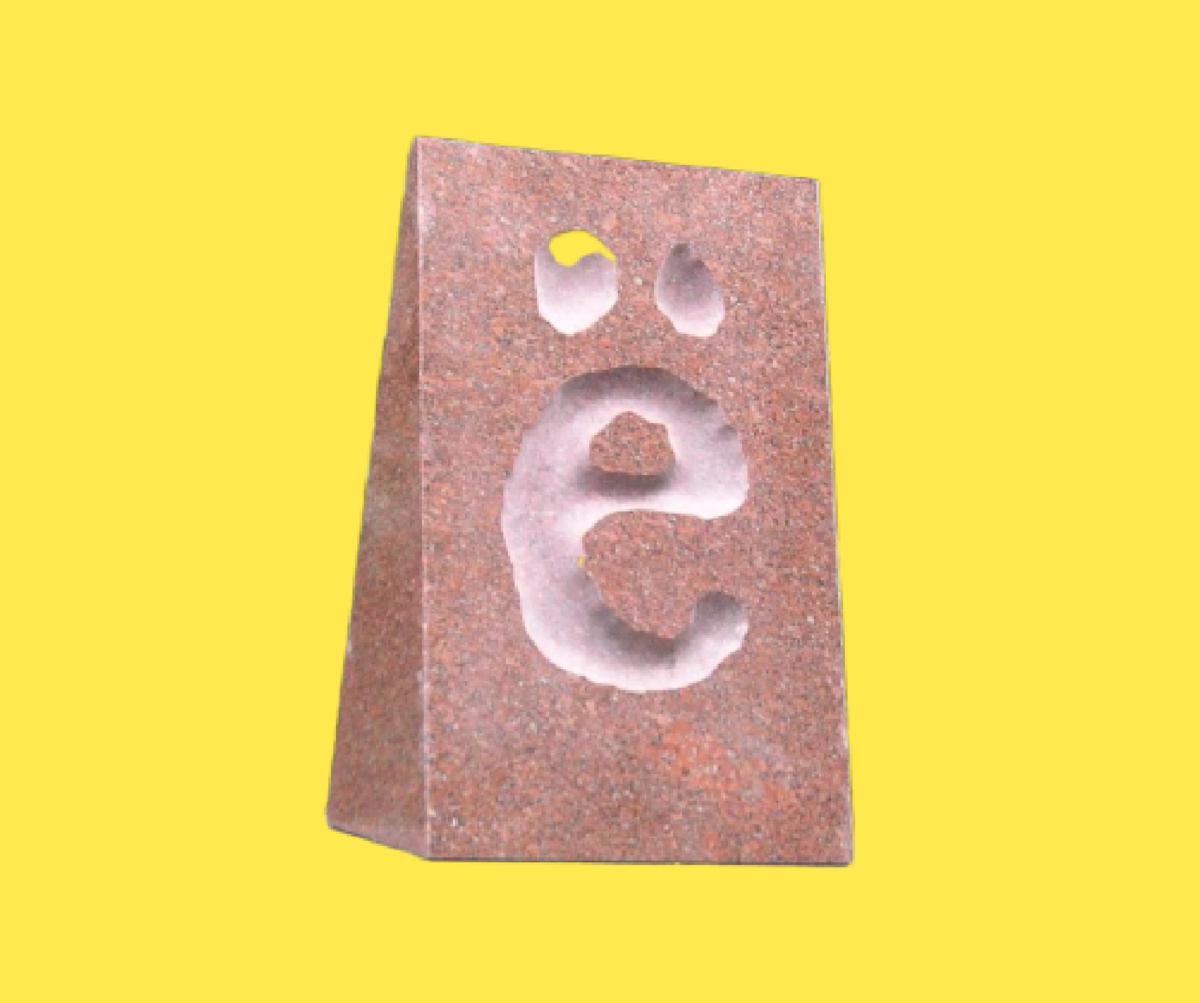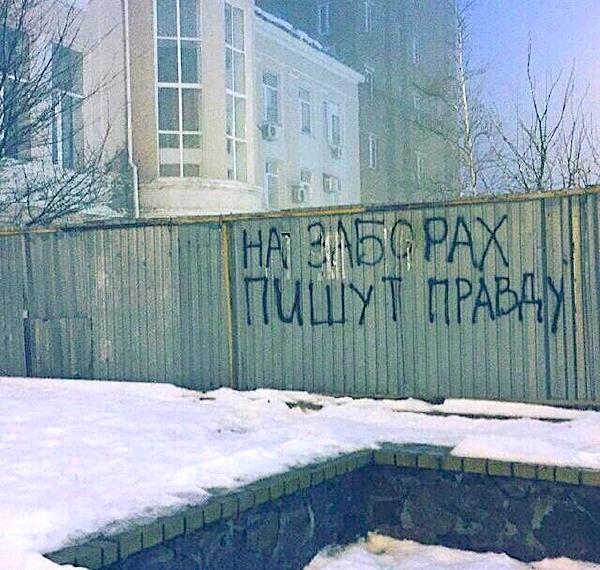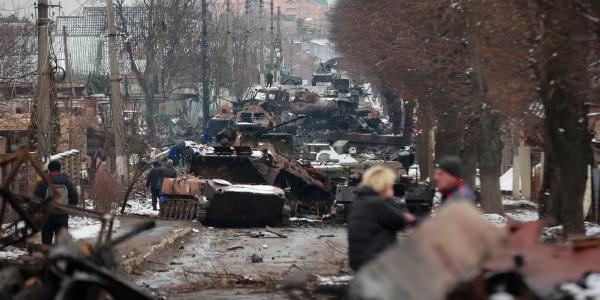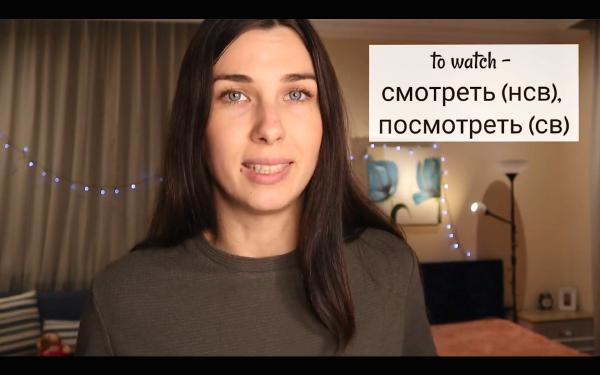The letter Ё
The letter ё is the panda of the Russian alphabet. Assuming the panda is teetering on the brink of extinction and in need of special attention. While the panda gets plenty of attention, the letter ё is quietly dying.
Yo
The sound isn’t hard. It’s like the Yo in York, says the (English) Wikipedia. The Dutch version compares it to the jo in jokken (to fib). Russian sources often give examples like ёжик (jozhik, hedgehog) or ёлка (yolka, Christmas tree). There aren’t many words that start with ё, but there are plenty of videos about it in Russian, so here are fifteen examples (Russian with Nastya, 2018, 3 m).
Ё or Е
Russians themselves, and this is where it becomes problematic, often use е instead of ё, especially in printed text and online. They know, even without the two dots, when ё is meant and how it’s pronounced.
For non-natives and students, this is much harder—and unfortunate. Not only because the sounds of e and ё are quite different, but also because a word with ё always has the stress on that letter. The ё serves as an accent mark—but this convenience is fading, like the panda.
Rules of reading: stressed letter “Ё”
(Ru-Land Club, 2017, 2 m)
Everyone or everything
You quickly get used to reading еще as ещё or ее as её, and you almost can’t go wrong. But with все and всё, confusion arises. One means “everyone,” the other “everything.” You often encounter texts where you see все (everyone), but всё (everything) is meant. You can figure it out from the context, or because все would have been in a different case if it referred to people.
Russian grammar has a short video on both все and всё. Russian with Anastasia offers a webinar on весь, вся, всё, все (2020, 25 m).
Study materials
In textbooks, you’ll still find ё where it belongs. But the further you progress and the more you read, the more often you’ll see ё replaced by its dotless counterpart. Google Translate has already abandoned ё. Rival Yandex respects it sometimes, but not always. At paid service RussianPod101, it depends on who felt like using it that day, leading to confusion.*
The war
Is ё still necessary? It’s a topic for debate—or worse. “To write or not to write this strange Russian letter seems to be a real war” (
Abc Russian). But maybe the war has already been lost, thanks to the Russian keyboard. “In fact, the Russian keyboard is a major reason why the ‘ё’ usage revival will never happen, because constantly hitting the tilde key ( ~ ) is just no fun” (
Russia Beyond).
Monument and Day
There’s already a
monument (in
Ulyanovsk /
Ульяновск) to commemorate the letter (though it wasn’t originally intended as such; more on
Language Hat and
Abc Russian). There’s even a
День буквы «ё» (Day of the letter ё), celebrated on November 29th, marking its birth in 1783.
29 ноября -День буквы Ё История возникновения буквы Ё
(Учись творить свой мир с Надеждой, 2019, 2 m)
It’s reached a respectable age, and it’s not completely dead yet, though the following clip claims otherwise.
Letter Ё and Russian Alphabet
(Transparent Russian, 2012, 2 m)
Not everyone is giving up without a fight. Check out and listen to Воин буквы Ё (warrior for the ё) by Марлины (2017). Я за букву ё и я защищаю её: I’m for the letter ё and I defend it.
More
See
- Е and Ё in Russian Language (Russian with Katya, 2019, 7 m)
- История буквы Ё (Милин, 2019, 12 m)
- 7 Russian Words With Ё (Russian Language, 2019, 17 m)
- Живой язык: Буква Ё (Энциклоп, 2018, 10 m)
- Russian Letters Я, Ю, Е, Ё (Russian with Russian, 2017, 2 m)
- Letters Е Ё Ю Я (Be Fluent, 2016, 6 m)
- История буквы “Ё” (FoKus, 2015, 3 m)
- Russian alphabet: letter Ё (Antonia Romaker, 2014, 11 m)
See/read
- Why ‘Ё’ is the weirdest letter in the Russian alphabet (Russia Beyond, 2018)
- The Russian letter “Ё” celebrates its 230th birthday (Topsb.tv, 2013)
- A few facts about letter Ё (Speaking Russian Podcast)
- Буква «Ё» отпраздновала 236 лет (sm-news.ru, 2019)
- Буквы «Е» или «Ё» (Inelgorsk.ru, 2019)
- Буква законна: как «ё» отвоевала право на жизнь (Iz.ru, 2018)
- Не избегайте буквы Ё (Naked-science.ru, 2016)
- Как появилась буква Ё (Masterok, 2014)
- Как появилась буква «Ё» (Histrf.ru)
- А нужна ли буква Ё в русском языке? (Gramatik.ru)
More








